A Bicultural Māori/European Vision for a Truly Healing Hospital
Mad in America
NOVEMBER 28, 2024
M any people are traumatised rather than healed by their interaction with mainstream mental health services, especially their admission to a psychiatric inpatient unit. Concurrently, many mental health professionals carry a burden of their own trauma and are not healthy individuals. What do we mean by healing?


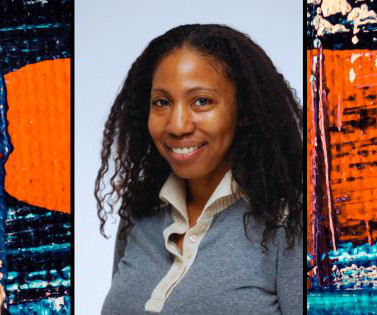

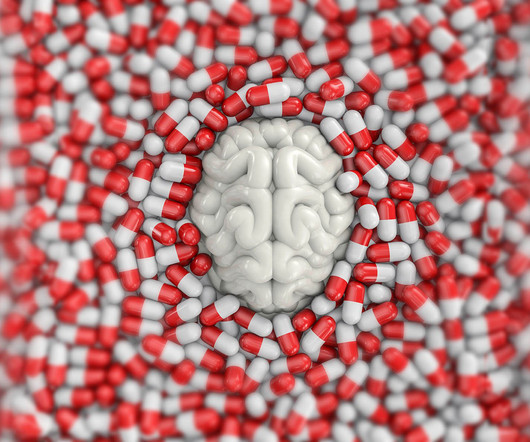
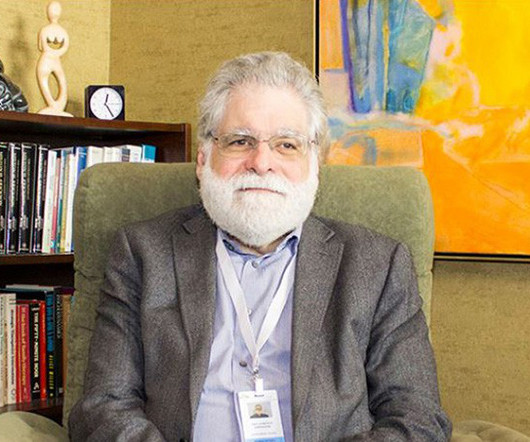

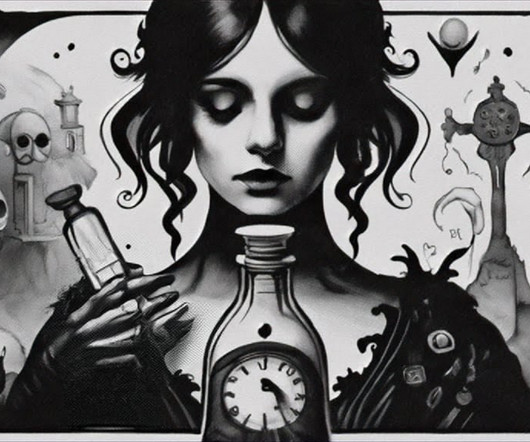
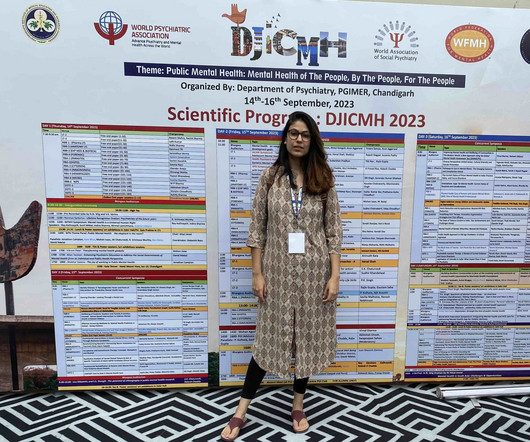






Let's personalize your content